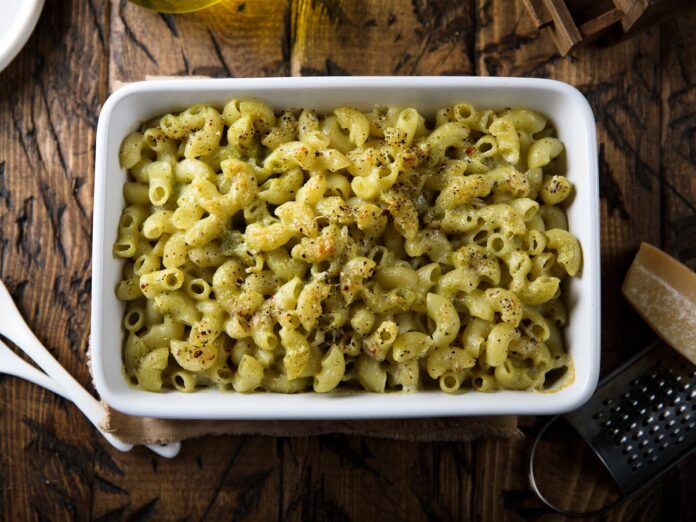Italian scientists have developed a new process that reportedly extends the shelf life of fresh pasta by about a month, an advance they believe can help reduce food waste.The research, published recently in the journal Frontiers in Microbiology, developed changes to pasta product packaging, along with the addition of an antimicrobial bacteria called probiotics, that add 30 days to how long pasta can be stored.Fresh pasta has a shelf life of 30-90 days and companies generally use a process called modified atmosphere packaging (MAP) as well as heat treatment to preserve the food staple, explained scientists, including those from the University of Bari Aldo Moro in Italy.The MAP process involves removing oxygen and replacing it with other gasses within a package consisting of plastic film, but some bacteria may survive thermal treatment and grow under the right conditions.While conventionally preservatives are also used to help retain pasta freshness, options available to extend the shelf life of fresh pasta without synthetic ingredients are limited.In the new study, conducted in collaboration with private chemical laboratory Food Safety Lab, scientists changed the ratio of MAP gasses and the combination of films used in the packaging to better control microbial growth and impermeability.Researchers also added a multi-strain mixture of antimicrobial bacteria to inhibit the growth of other harmful bacteria.The new method was then tested by manufacturing one set of fresh trofie pasta packaged conventionally, while a second set was made traditionally but stored in the experimental MAP.Antimicrobial bacteria strains were added to a third set of fresh pasta stored using the experimental packaging method.After a few months, it was found that pasta treated with antimicrobial bioprotective probiotics in the experimental MAP had the best shelf life of the three experiments.’The results demonstrate that the MAP, together with a spray-dried probiotic bioprotective cultures, acted in a synergistic way to control the microbial spoilage of fresh pasta during refrigerated storage,’ study co-author Francesca De Leo said in a statement.’From the consumer’s standpoint, a definite advantage of this product is the long shelf life and ease of storage. This can be particularly important considering that consumers tend more and more to reduce the frequency of their food purchases, and consequently store as much as possible at home,’ Dr Leo said.Scientists said the findings can also lead to new ways in the future to reduce food waste.’The adoption of innovative technological solutions for food waste prevention, such the one outlined in this study, can help offset these problems, if companies are willing to accept the challenge and innovate,’ Dr Leo added.
Italian scientists develop new recipe that extends pasta shelf life by 30 days
Sourceindependent.co.uk
RELATED ARTICLES


